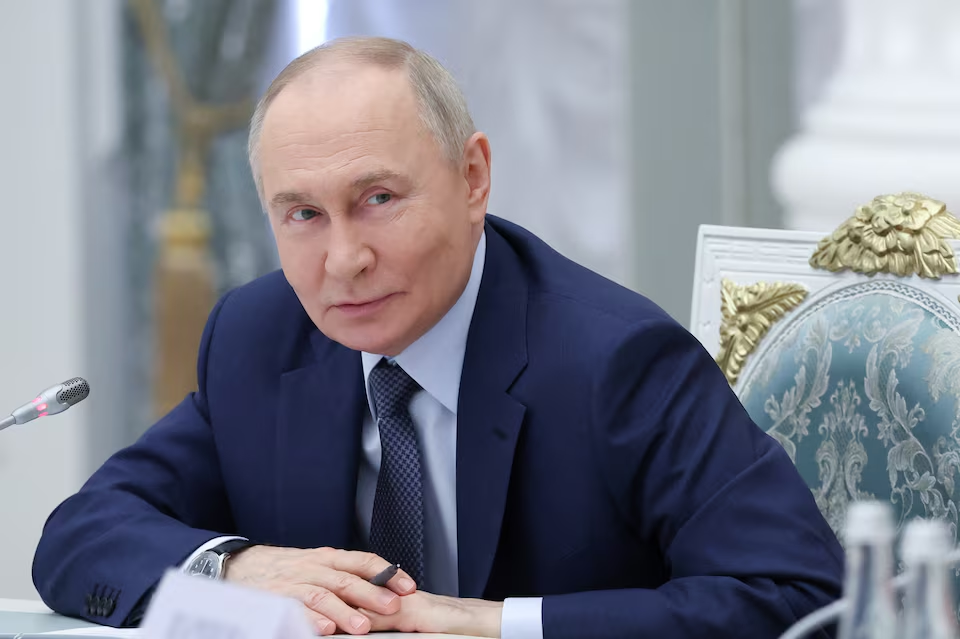Washington — Amid renewed military escalation in Ukraine’s northeast, U.S. President Donald Trump issued a direct warning to Russian President Vladimir Putin, accusing him of “playing with fire” by resisting international calls for a ceasefire with Kyiv. The comment comes at a critical moment as Russia continues to secure new territorial gains in the Sumy region.
In a Truth Social post on Tuesday, Trump stated, “What Vladimir Putin doesn’t realize is that if it weren’t for me, lots of really bad things would have already happened in Russia, and I mean REALLY BAD.” While the president offered no further clarification, the tone marks a departure from his historically tempered posture toward Putin.
Trump’s comments follow some of the most intense drone and missile assaults Ukraine has endured in the past three years of full-scale conflict. Russia has captured four villages—Novenke, Basivka, Veselivka, and Zhuravka—in Ukraine’s Sumy region, expanding its strategic reach in the northeast.
The Russian advance, characterized by small-unit incursions using motorcycles and drones, reflects a shift in operational tactics aimed at creating what the Kremlin refers to as a “buffer zone” along the Russian border. Ukrainian officials acknowledge the challenge of defending against these decentralized, mobile operations, especially as Russian pressure stretches Ukrainian forces across multiple fronts.
Despite a ceasefire proposal discussed in a recent two-hour call between Trump and Putin, the Kremlin has yet to agree to the 30-day unconditional ceasefire advocated by Kyiv, Washington, and European capitals. While Moscow claims it is drafting a memorandum, critics argue this serves as a cover for continued military aggression.
The conflict is being closely monitored by defense contractors, logistics firms, and security consultants worldwide. Trump has not yet implemented new sanctions, although officials confirm that a comprehensive sanctions package has been prepared should he choose to activate it. Meanwhile, Ukrainian President Volodymyr Zelenskiy has renewed his calls for accelerated military aid from Washington.
For international stakeholders—ranging from aerospace suppliers to intelligence technology vendors—the evolving frontlines in Ukraine underscore the persistent volatility shaping the European security architecture. Markets and defense partnerships will need to recalibrate based on Russia’s shifting tactics and the U.S.’s strategic response under heightened political scrutiny.
In parallel, Turkiye’s recent meeting with Pakistan’s prime minister signals further regional repositioning as NATO and non-NATO actors redefine their diplomatic alignments.
The situation continues to evolve, and corporate leaders across defense, security, and infrastructure sectors are advised to monitor developments for operational risk assessments and scenario planning.








